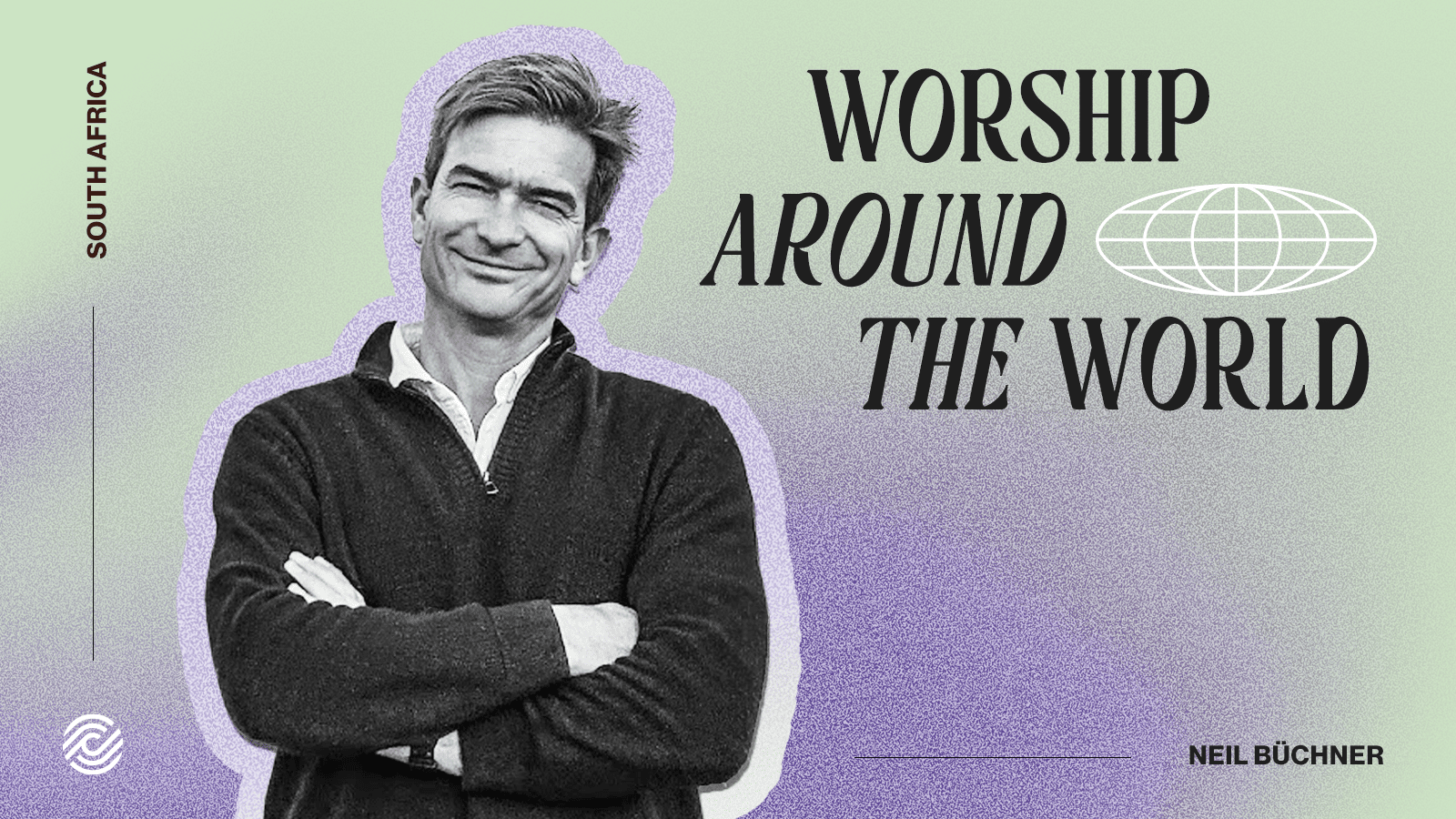Worship Around The World
How To Turn Your Sunday Service Into A Meeting Space With The Living God

Since the first time I read 2 Corinthians 3:16-18 (MSG), I reacted with, “Man, I would love it if our worship sessions or services at church could be like that!” It says …“Nothing between us and God, our faces shining with the brightness of his face. And so we are transfigured much like the Messiah, our lives gradually becoming brighter and more beautiful as God enters our lives and we become like him.”
However, when it comes to the working of the Holy Spirit, I am cautious of recipes. Please see these pointers as my humble attempt to identify a few circles of focus when leading worship or planning a service that attempts to create a meeting space between God and an individual.
Creating a space for change
Writer Henri Nouwen wrote: “Hospitality is not about changing someone, but simply creating a space where change can take place.”
This blew my mind in terms of leading worship. Specifically, in planning a service. How can I use every single element of a service and align them in such a way that the service becomes one continuous conversation with the living God? How can I refrain from having a service with several loose components that we need to get through, to start listening to the sermon only?
The most liberating thought is to remember to get out of the way in this space and leave it open for the Holy Spirit to meet the heart He has prepared.
Awaken the wonder of sacred moments
Sometimes, I imagine what it must be like for members of the persecuted church to read from a real Bible and not from a torn piece of paper with a few verses on it. What was it like for the early church to say the Lord’s prayer together as believers? Those must be such sacred moments; I wonder if we have not lost something in the church?
Can we trust God to turn our hospitable welcomes, our brief contact with strangers, our moments of silence and our vulnerable moments of brokenness, all into sacred moments on a Sunday where we can experience the presence of God being hosted in jars of clay.
I am a firm believer that the Holy Spirit will minister to the heart He has prepared, by simply allowing Him to do so and trusting Him.
A moment of response
In planning a church service, we manage to create an amazing flow of events to build up to a significant moment of gravitas towards the end of a sermon, simply to announce “Right, now it’s time for the offering.”
It has been a very rewarding experience to pause for a moment, asking a few reflective questions after the sermon to assist individuals in discerning how God has spoken to them.
Questions like the following have been very helpful:
- What was the one word or phrase in scripture that stood out during the reading of the word of God?
- What do you feel God is trying to say during the service?
- How can I be obedient to this call by God to follow Him during the week to come?
Divine contemplation is a simple method to unlock the richness of a message during a sermon.
Memorable and portable
Some of the most powerful messages and songs are the ones that have these qualities:
- They are memorable.
- They are portable: can be carried over and repeated to someone else from memory.
When it comes to songwriting, especially when putting verses of scripture to music, this has become an important consideration: is it memorable and is it portable?
Similarly, preachers can ask this question about their sermons as well. Do they know what the one thing is they want to get across? If they have a specific point they make, can those points be remembered easily?
The test is: can someone who attended church, easily tell someone afterward who did not attend, what they took out of the service that morning? If our congregation members manage to do that, we have made it memorable and portable.
Faith is not a one-way conversation
My wife recently read in Acts 16:14 ESV “One who heard us was a woman named Lydia, from the city of Thyatira, a seller of purple goods, who was a worshiper of God. The Lord opened her heart to pay attention to what was said by Paul.”
This gave us great comfort in knowing that faith is not only a one-way conversation. It is also God that is working on our behalf and preparing hearts to be ministered to by His holy spirit. Bear Grylls calls it “the quest to be found…”
What I have experienced is that a spirit of prayer within a congregation precedes this. To intercede for yourself and others leading up to a service or a worship night can unlock something powerful in the spiritual realm.
As Jon Tyson said after studying revivals throughout the world, there is always a hunger for God and a spirit of prayer that preceded most revivals. Ultimately, God comes where He is wanted.
May we stand amazed at what the living God can and will do in our midst when “He enters our lives and we become like Him.”

About Neil Büchner
Neil is a singer-songwriter from Wellington, South Africa, where he lives on a farm with his wife Lettie and 3 children. They minister together in a congregation established in 1840, with historical significance to the South African revivals during the ministering period of Reverend Andrew Murray. Neil & Lettie both have a passion for faith formation of teenagers and faith transfer from parents to children and focuses his ministry efforts by creating spaces where people can connect with God, specifically through prayer, habits, music, and online ministry.

